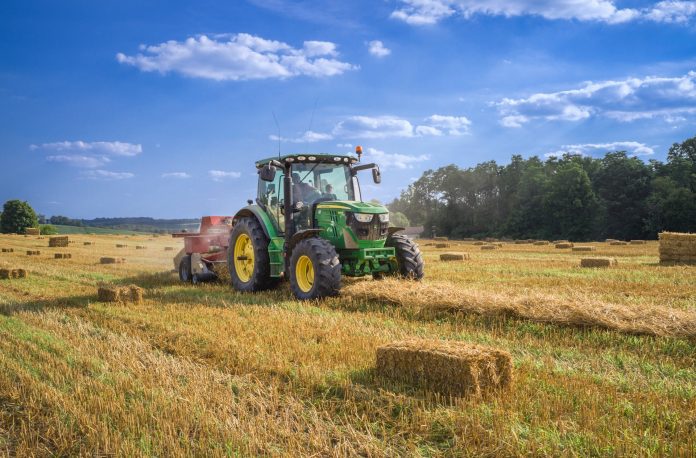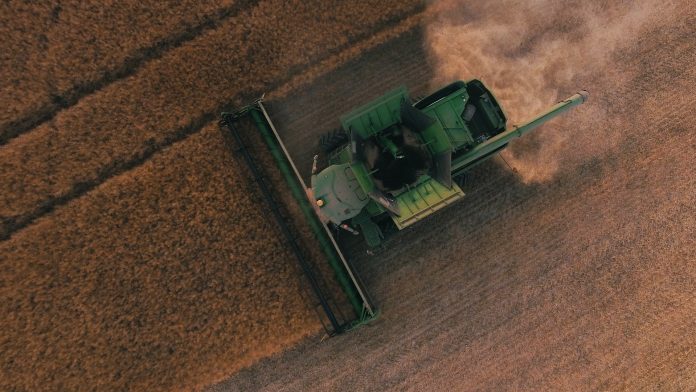
Table of Contents
If you’re thinking about becoming a farmer, congrats! You’re about to embark on an incredibly rewarding journey. But before you jump in headfirst, there are a few things you need to know.
Farming is hard work, and there’s a lot to learn. If you’re not careful, you can make some costly mistakes. To help you get started on the right foot, we’ve compiled a list of the 10 most common mistakes beginner farmers make – and how to avoid them.
1. Not Taking It Seriously
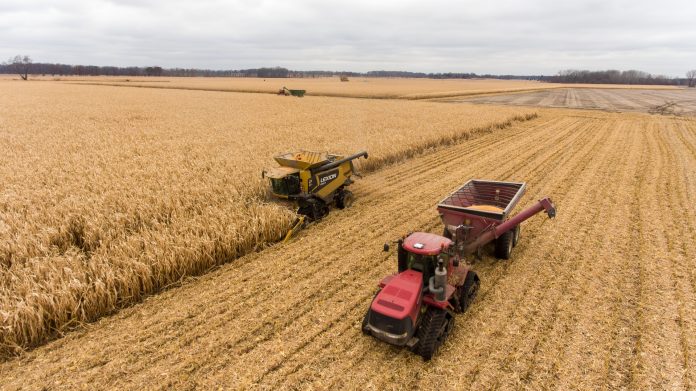
Many people think farming is easy because they’ve never done it before. They see all the equipment and think it looks like fun to feed pigs and drive around on a tractor all day. But the reality is that farming is a complex and demanding business. If you’re not taking it seriously from the outset, you’re setting yourself up for failure.
Instead, what you should do is understand that farming is a business and treat it as such. Do your research, create a business plan, and be prepared to work your behind off. Speaking of business plans…
2. Not Having A Business Plan
Another common mistake beginner farmers make is not having a business plan. Just like any other business, farming requires careful planning and preparation. You need to know what you’re getting into before you start spending money on equipment and supplies.
Without a business plan, it’s easy to get in over your head – and quickly rack up some serious debt. And, as you are probably aware, getting out of debt isn’t easy – even with a proper business plan. So, sit down and carefully plan your business.
3. Not Investing In Infrastructure
Investing in a solid infrastructure is essential for any farming operation – but it’s often one of the first things that get cut when budgets are tight. If you’re not willing to invest in things like irrigation, drainage or storage facilities, you’re going to have a hard time succeeding as a farmer.
According to Canarm, even if you’re just keeping cattle, you need to have a plan for where they’re going to sleep, what they’re going to eat and how you’re going to keep them healthy. The bottom line is that you can’t skimp on infrastructure if you want to be a successful farmer.
4. Thinking They Know Everything
Many beginners think they know everything about farming – after all, they’ve been watching Discovery Channel documentaries about it for years. But the reality is that there’s a lot more to farming than meets the eye. Unless you’re willing to learn as you go, you’re going to make some costly mistakes.
So, ditch that toxic attitude and accept the fact that you will never know enough. If you don’t, you’ll quickly find yourself in over your head. Instead, be humble and learn from your mistakes and from those who have been doing it longer than you.
5. Expecting Too Much
Farming is a tough business, and it’s not always easy to make a profit. If you’re expecting to get rich quick, you’re likely to be disappointed. It takes time, patience, and hard work to succeed in farming. You won’t get rich overnight – don’t kid yourself.
Also, this line of work is very unpredictable. Prices of cattle vary all the time. A hail could ruin your crop. A tornado could destroy your farm in a minute. Things happen, and you have to realize that all your hard work could become worthless even if you do everything right.
6. Investing In The Wrong Things
Investing in the wrong things is a common mistake made by beginner farmers. Many new farmers think they need to buy the latest and greatest equipment to be successful and that’s simply not true.
The only things you need to invest are time and hard work. Up until recently, people were farming with shovels and rakes, so you really don’t need that John Deere.
7. Not Diversifying
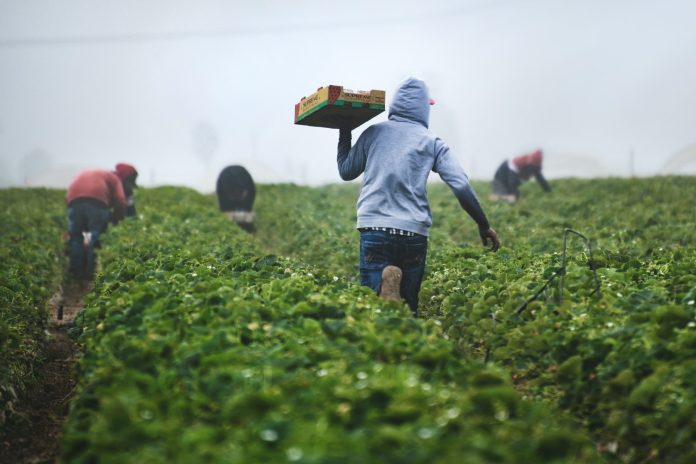
Diversification is key in farming – but many beginners make the mistake of putting all their eggs in one basket. If you’re only growing one type of crop, you’re at a higher risk of failure if that crop fails. Diversifying your crops (and your income streams) is a much safer bet.
For example, you could grow a variety of vegetables and also sell eggs from your chickens. Or, you could grow wheat and also keep bees for honey. The options are endless, so don’t be afraid to get creative.
8. Hiring The Wrong People
Hiring the wrong people is a mistake that can cost you dearly. If you’re not careful, you could end up with employees who are lazy, dishonest, or just plain incompetent. Make sure you take the time to screen candidates carefully and only hire people who you think will be an asset to your operation. The human factor is the most important aspect of any business – including farming.
9. Not Being Patient Enough
Farming is a long-term proposition – it’s not something that’s going to make you rich quick. If you’re not patient enough to give it the time it needs to grow and develop, you’re likely to get discouraged and give up. Remember, Rome wasn’t built in a day – and neither is a successful farm.
Instead, take the long view and focus on the future. It might take a couple of years to get where you want to be, but it will be worth it in the end. Let that guide you.
10. Not Being Prepared For Hard Work
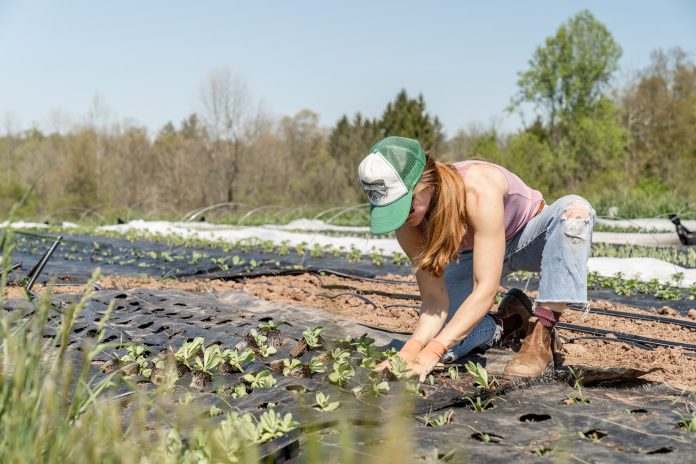
This is the most common mistake of all. Many people romanticize farming and think it’s going to be a piece of cake. They couldn’t be more wrong. Farming is hard work – there are no two ways about it.
If you’re not prepared to put in the long hours and hard work, you’re not going to make it. Farming requires dedication and commitment – even if you’re just doing the bare minimum to satisfy your needs. If you’re not willing to make that commitment, you might as well not bother.
Conclusion
By avoiding these common mistakes, you’ll be well on your way to success as a farmer. Just remember to take it seriously, plan carefully, and invest in the right things – and you’ll be off to a great start. Good luck!

